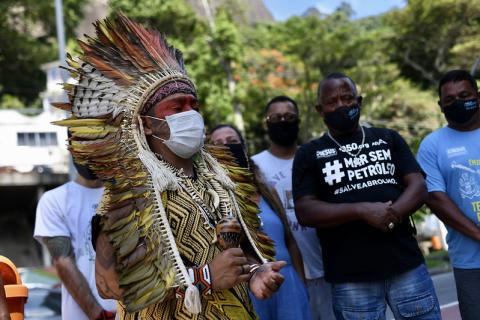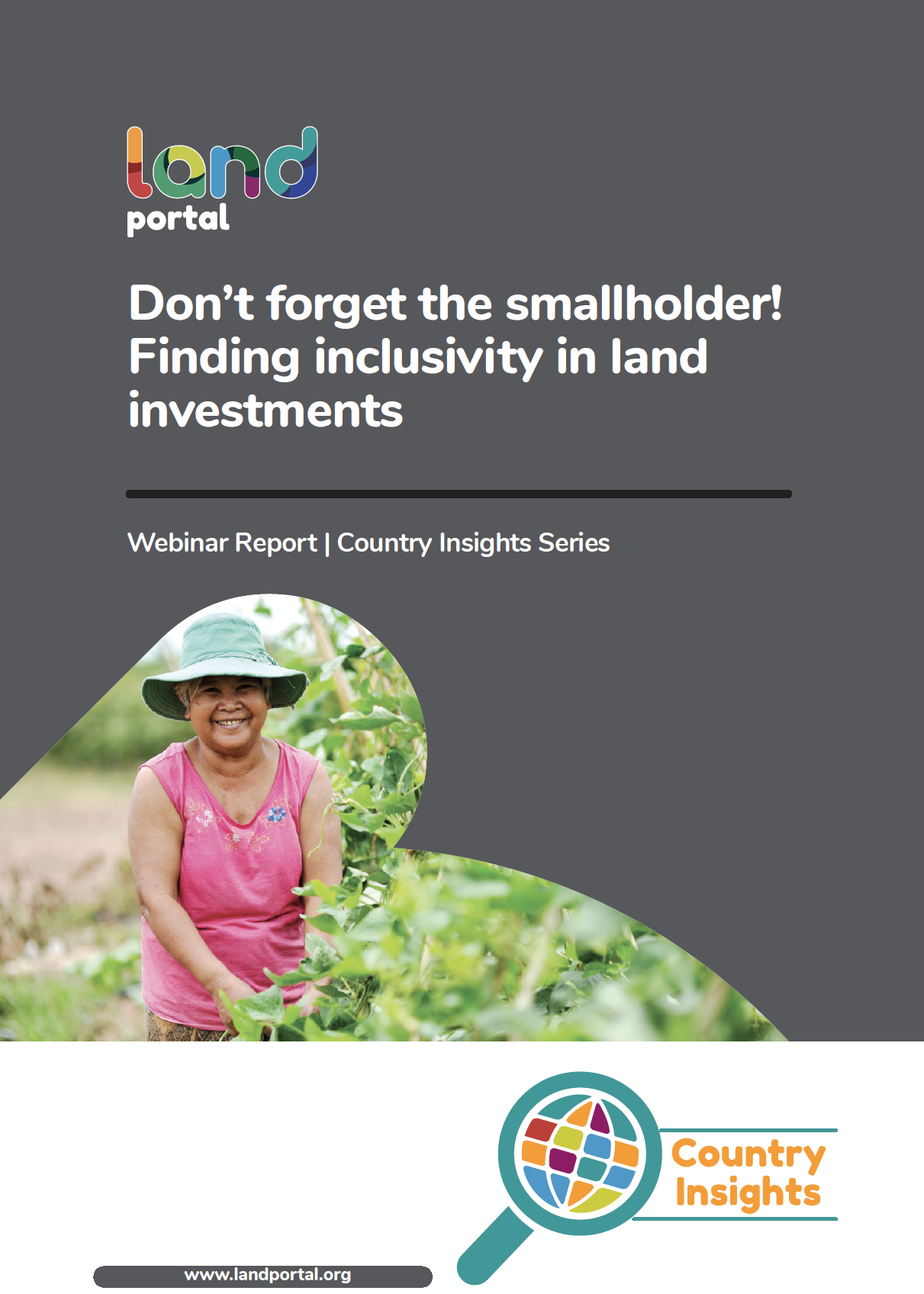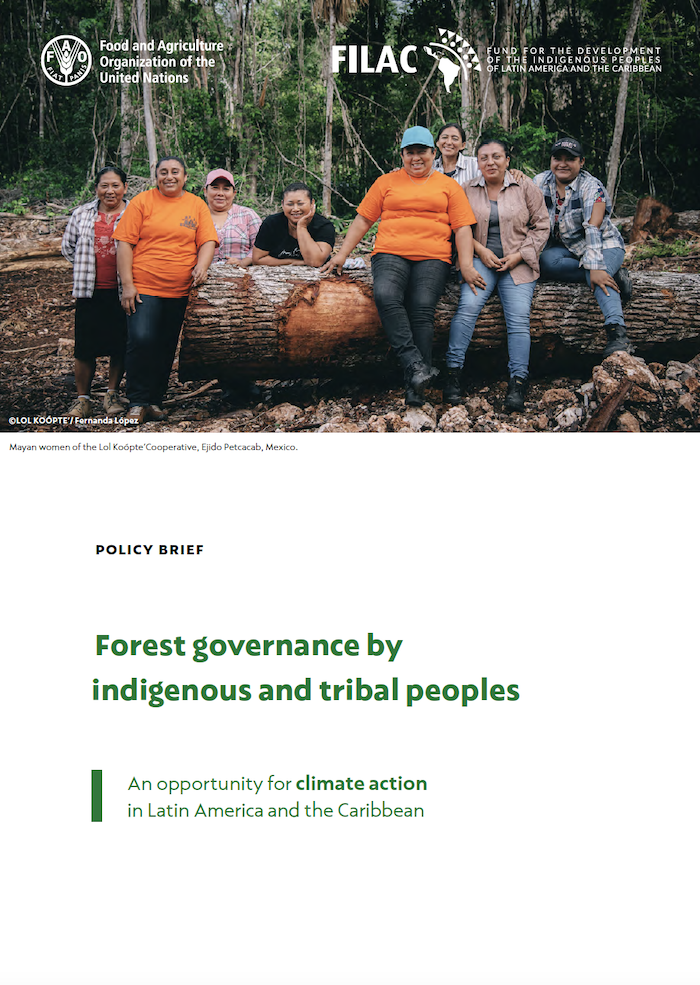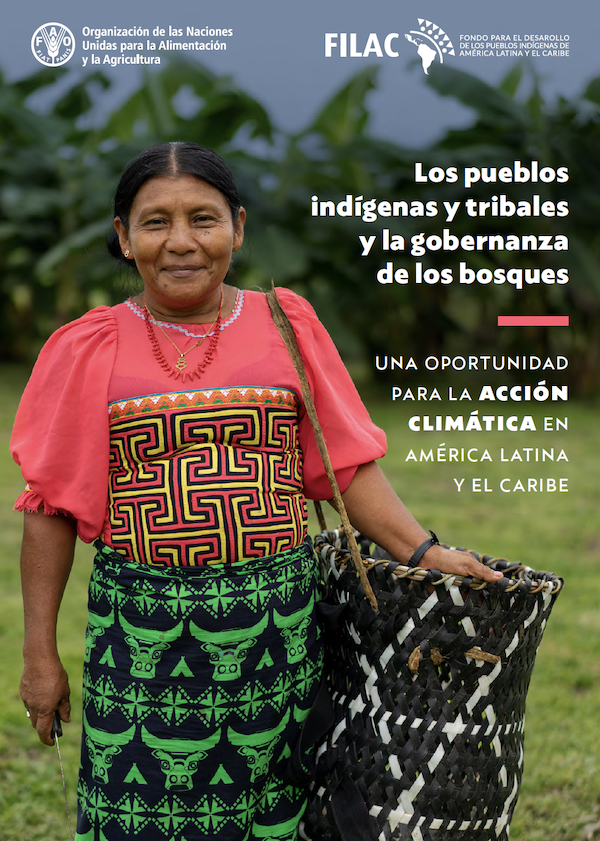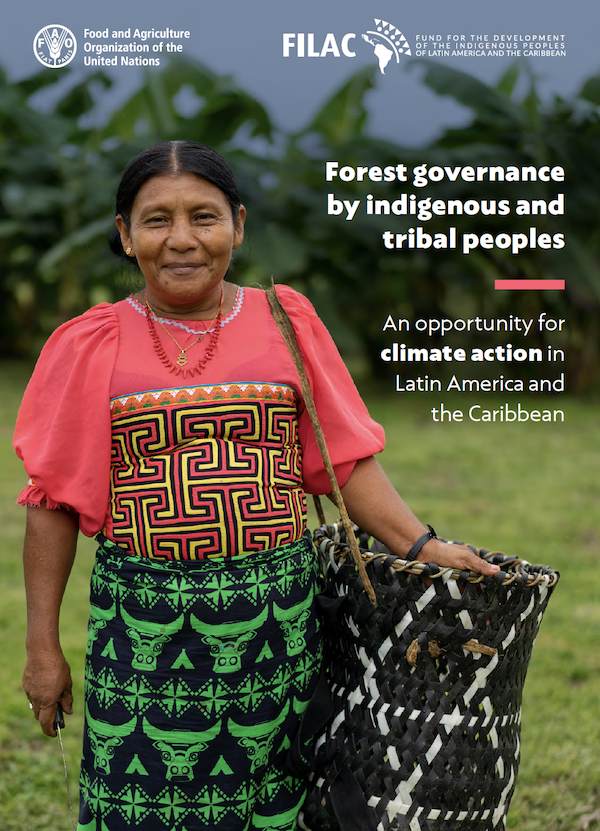Neil Sorensen joined the Land Portal as its Communications Specialist in October 2015. He has extensive experience leading communications for international organizations and developing relationships with civil society, donors, intergovernmental agencies, the media and the private sector. Previously, Neil worked for the International Fund for Agriculture Development (IFAD) as a Governing Bodies Officer and Strategic Adviser to the Secretary of IFAD. He has also led communications for three international organizations, including the International Land Coalition, the International Federation of Agricultural Producers (IFAP) and the International Federation of Organic Agriculture Movements (IFOAM). He holds a Master’s degree in Global Diplomacy from the University of London School of Oriental and African Studies (SOAS) as well as a Bachelor’s degree with a double major in German and Sociology from St. Cloud State University.
Details
Location
Contributions
Displaying 331 - 340 of 11444 Ways Indigenous and Community Lands Can Reduce Emissions
Countries are largely missing out on a key strategy to fight climate change.
Don’t forget the smallholder! Finding inclusivity in land investments
This is the report of a webinar which took place on 25th February 2021 organized by the Land Portal Foundation.
Policy Brief: Forest governance by indigenous and tribal peoples
Indigenous and tribal peoples control about one third of Latin America and the Caribbean’s forests. Supporting their efforts to control, sustainably manage, and benefit from these forests can greatly help to solve the problems of climate change, loss of biological and cultural diversity, rural vulnerability, and food insecurity.
New UN report shows evidence that Indigenous and Tribal Peoples are the best guardians of the forests of Latin America and the Caribbean
Improving tenure of forests by Indigenous and Tribal Peoples can lower deforestation rates and biodiversity loss, avoiding C02 emissions, but more investment is urgently needed to address rising threats.
25 March 2021, Santiago Chile - Deforestation rates in Latin America and the Caribbean are significantly lower in Indigenous and Tribal territories where governments have formally recognized collective land rights, and improving the tenure security of these territories is an efficient and cost-effective way to reduce carbon emissions.
Los pueblos indígenas y tribales y la gobernanza de los bosques
El propósito de este informe es dejar en claro la importancia y urgencia para la acción climática de proteger a los bosques de los territorios indígenas y tribales y a las comunidades que los cuidan. Con base en la experiencia reciente, se propone un conjunto de inversiones y políticas para ser adoptadas por los financiadores climáticos y decisores gubernamentales, en coordinación con los pueblos indígenas y tribales.
Forest governance by indigenous and tribal peoples
This report highlights the importance and urgency for climate action initiatives of protecting the forests of the indigenous and tribal territories1 and the communities that look after them. Based on recent experience, it proposes a package of investments and policies for climate funders and government decision-makers to adopt, in coordination with the indigenous and tribal peoples.
Why We Don't Know How Much Land Women Own
National datasets differ on women's land rights because they use different criteria in their calculations.
Bhubaneswar: There are wide variations in national datasets on women's land ownership in India depending on which agency made the estimate, frustrating efforts to design and implement gender-balanced policies, our analysis shows.


